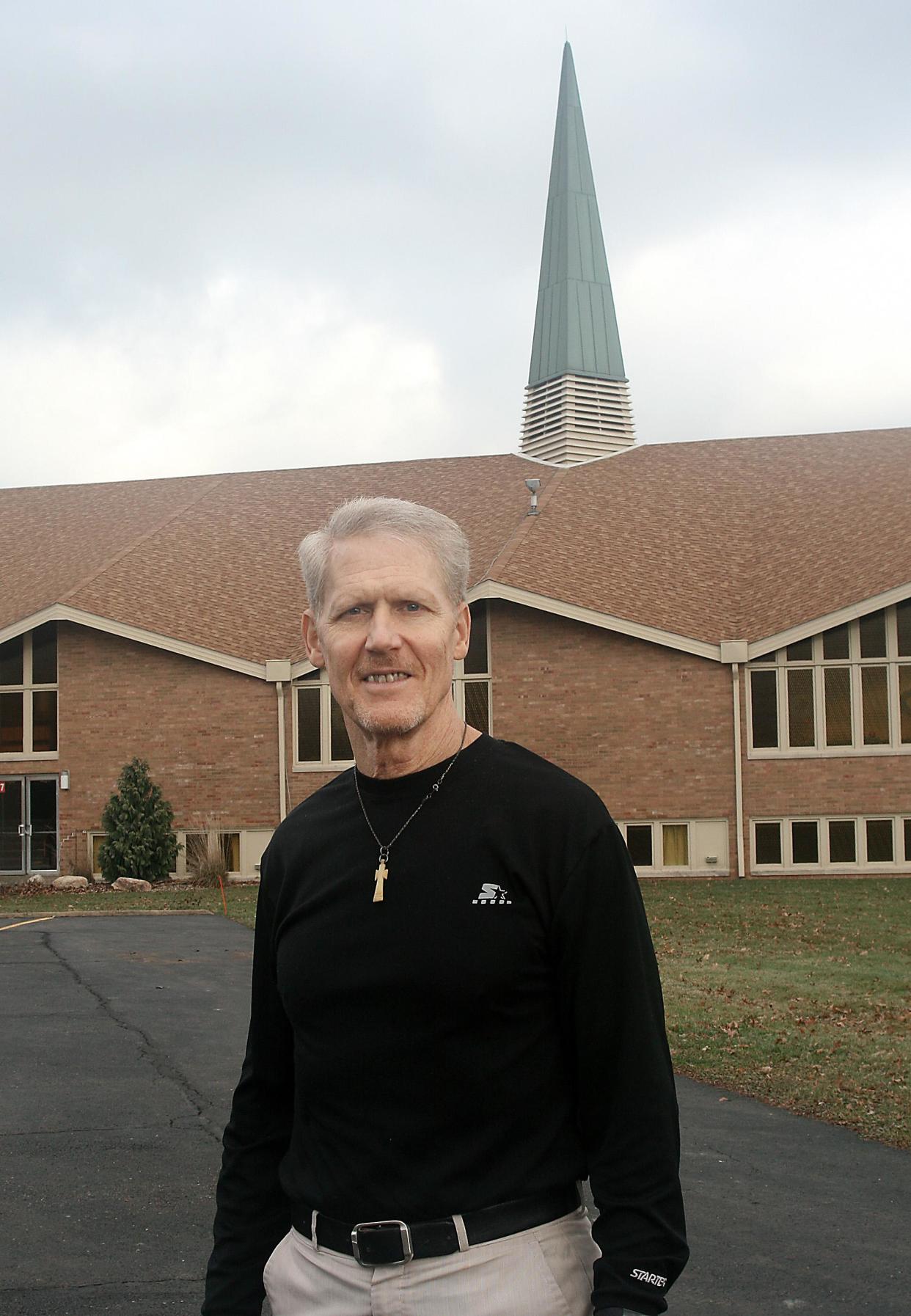Bright Spot: Constructive, or is it de-constructive, criticism

I worked construction about five summers while going through college. I was a slow learner, cramming four years of education into five.
Not really on the latter.
But I did work construction, and I technically was a little slow on the uptake because while I didn’t think I wanted to do carpentry for a living, I didn’t pay close attention. Big mistake. I could have used those skills many times since.
But I still made positive contributions. Both uncles for whom I worked are now building homes in Heaven, so they can’t dispute that I was not a de-constructer.
Many are today.
“Deconstruction” is a term I’ve just learned in the last year. It refers to folks, not in carpentry, but Christianity, who once were followers of Jesus, but now have turned away from him. Some have turned all the way to atheism.
Phil Yancey could have titled his classic book "Disappointment with God" differently. "Dialogue with Deconstructers" would have been appropriate. In the book, he tries to help those who accuse God of being hidden, silent and unfair. Here we have the unholy trinity of criticisms deconstructers, and many others, hurl against Christianity and Christians, alleging they have caused devastating disappointment.
But, the Old Testament shows God was abundantly visible in the 10 plagues he visited upon the slave-driving Egyptians who were holding his chosen people in bondage. Then He parted the Red Sea so the Israelis could escape Egypt. Then God returns those waters to destroy the army of those same slave-driving captors chasing Israel. His presence and power is revealed in pillars of fire and cloud to supernaturally lead the same nation through the desert. Then He made a sweet bread substance appear out of no where daily for 40 years to sustain His people in the desert on their trek to the Promised Land. He shook Mount Sinai. He sent fire to burn up water-soaked wood, stones and sacrifice on Mount Carmel. Need I say more?
He also showed His fairness by instantly and visibly judging evil people all through Jewish history enough times to prove He is just.
He spoke clearly by writing His most important Ten Commands on a stone. And if those weren’t clear enough, He spoke audibly so those in charge actually heard His voice (Exodus 19; 33:12-23).
Yet ironically you’ll hardly find a more rebellious, unbelieving, sinful, whining group of supposed followers of The One True God.
Then God became highly visible in Jesus of Nazareth. But God in flesh, Jesus, encountered even more resistance. Again, most unbelief came from the folks who should have known better, the ones who had seen and heard and made full-time jobs of studying the Holy Book, the Bible; the religious leaders and scholars of Jesus’ day. It seemed the more obvious and close God came, the more people shoved Him away: “O Jerusalem. How I longed to gather you under my wings ... but you were unwilling.” (Matthew 23:37)
Then, God became invisible; much quieter and subtle, like a gentle wind (John 3). He came as The Holy Spirit to gently remind us we are God’s children dearly loved by Him (Romans 8:9-17). It is then that God gets the followers He desired all along: “Blessed are those who have not seen, yet believe,” (John 20:29) those who “walk by faith, not by sight.” (2 Corinthians 3:18)
Rick Sams is pastor emeritus of Alliance Friends Church.
This article originally appeared on The Alliance Review: Bright Spot: Constructive, or is it de-constructive, criticism

